A capitalist sellout? I’m flogging merch to stay afloat, says Billy Bragg
Billy Bragg, who has been branded a ‘capitalist’ for offering a poster for $71, says selling merchandise on auction sites is helping to keep musicians afloat.
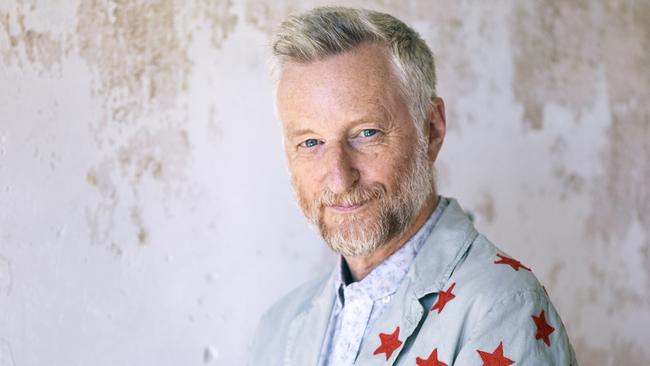
Billy Bragg, who has been branded a “capitalist” for offering a poster for £40 ($71), says selling merchandise on auction sites is helping to keep musicians afloat.
The longstanding British Labour supporter, a prolific recording artist since the early 1980s, said that although he was not “skint” he was having trouble “generating income”.
The pandemic has curtailed touring by performers, which had become an increasingly important source of revenue since the demise of physical sales of CDs in favour of streaming.
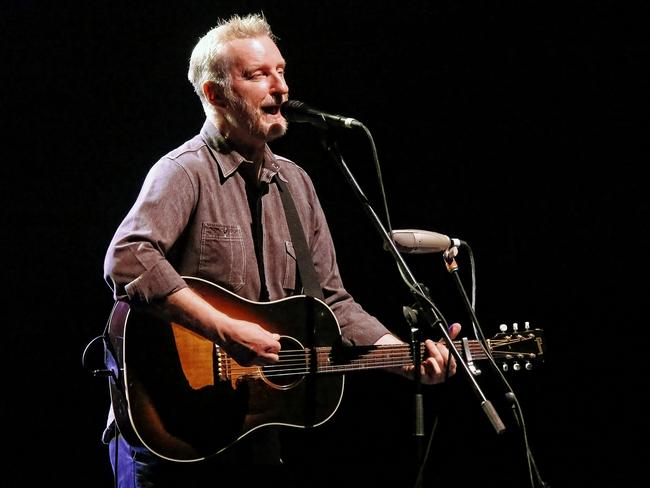
Last year several artists told a British parliamentary committee investigating the economics of streaming that they were struggling to survive.
Bragg, 63, said that during lockdown he had “turned up” some “vintage swag” which he put up for sale on eBay. The items included promotional posters for his 2003 album, Must I Paint You A Picture?, which was listed for £40. He also made more than £1500 selling about a dozen records, including £340 for a vinyl copy of his 1983 album Life’s a Riot with Spy Vs Spy.
One commenter on eBay wrote to Bragg, saying: “£40 for a poster — sounds like capitalism to me!”
The musician responded that it was “clever” of the commentator to “notice, after all these years, that I make a living selling my own produce”.
He added — referencing industry fears that record labels are increasingly tapping into the lucrative merchandise market — that “thanks to the wonder of the internet” artists had the ability to make a living without being exploited by record companies.
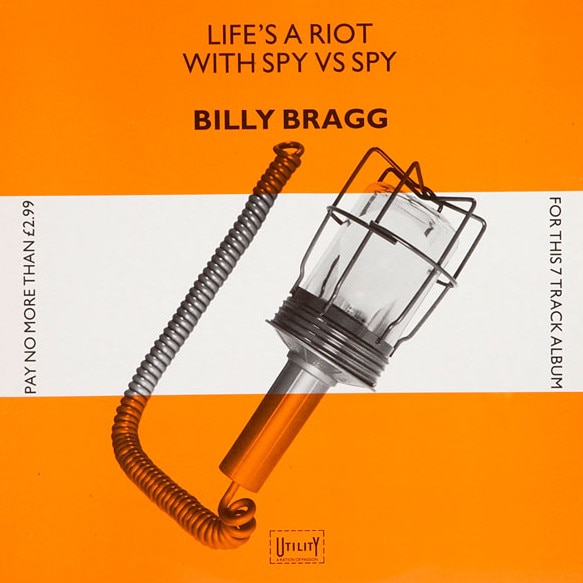
Bragg, who in 2010 refused to pay his income tax as long as the British government refused to cap bonuses at the Royal Bank of Scotland, added: “Given how observant you are, you may have also noticed that there is currently a pandemic raging, forcing venues to close and leaving many in the music industry without regular income. In such challenging times, selling merchandising is helping some of us keep afloat.”
When asked in a previous post on his eBay page whether he was penniless, the musician wrote: “Not totally skint, but like a lot of people I’ve had trouble generating income this year. Selling merch has always been the business part of my showbusiness career.”
According to his website, the singer has a world tour planned for 2021-2022, kicking off in Gateshead in late October. He writes on there: “My hope is that, by then, we’ll be able to get together again and enjoy the uplift that live music brings, to audience and performer alike.”
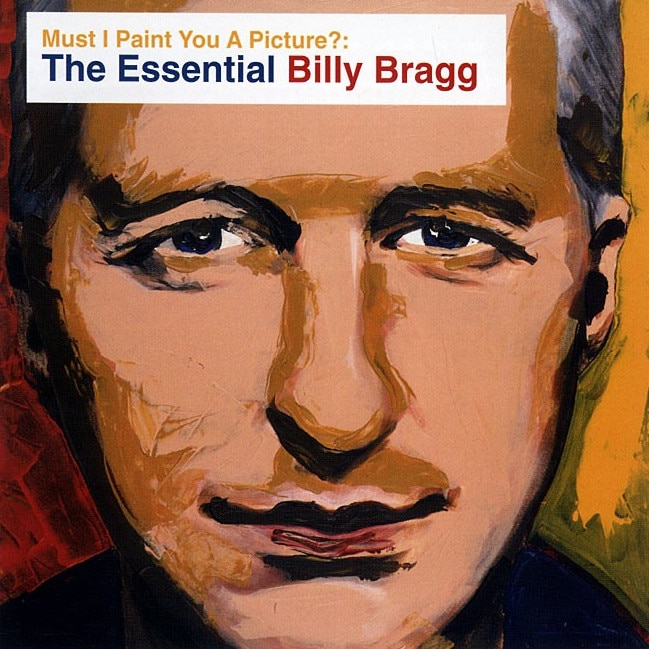
Nadine Shah, whose album Kitchen Sink was a critics’ favourite of 2020, told the Commons digital, culture, media and sport committee in November that her earnings were “not significant enough to keep the wolf away from the door”.
“I’m an artist with a substantial profile, a substantial fanbase and who is critically acclaimed but I don’t make enough money from streaming. I’m in a position now where I’m struggling to pay my rent,” she said.
A series of musicians told the committee of their concerns at the opaqueness of the deals struck between streaming companies such as Spotify and the record labels. An accountant, Colin Young, said it was difficult getting data on how many streams there had been of a particular piece of music.
Radiohead’s guitarist, Ed O’Brien, said the “opaqueness in the system” was making an already hard industry harder, while Elbow’s Guy Garvey said the current method of payment was threatening the future of music.
“If musicians can’t afford to pay the rent, can’t afford to live, then we haven’t got tomorrow’s music in place,” he told MPs.
The Times



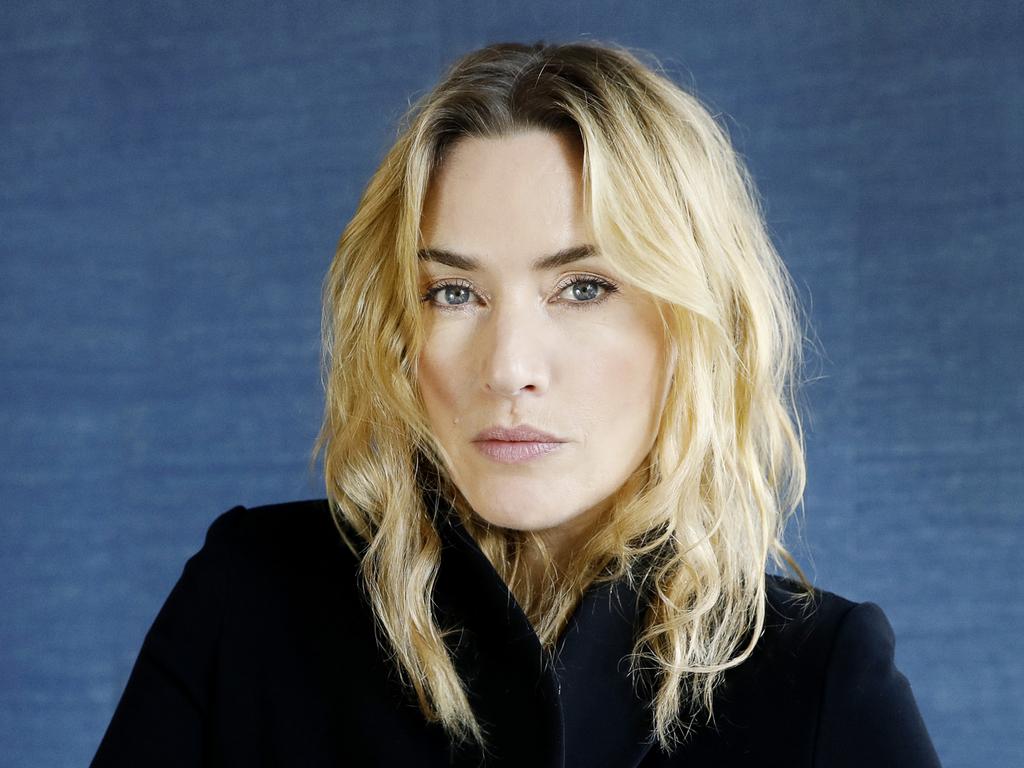


To join the conversation, please log in. Don't have an account? Register
Join the conversation, you are commenting as Logout